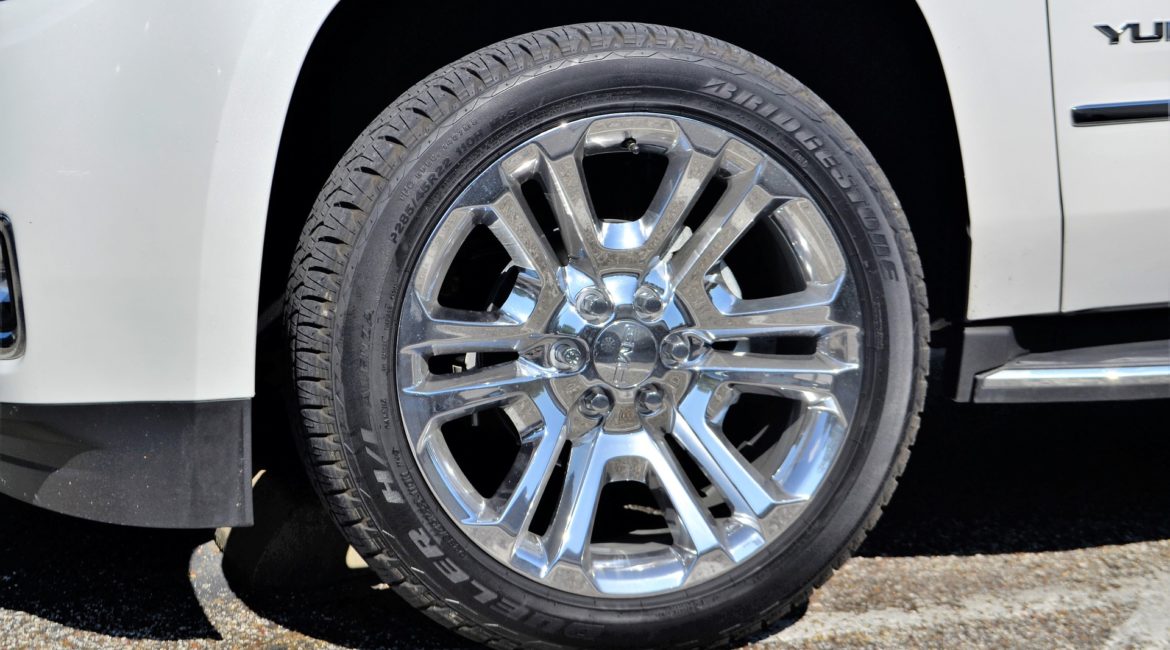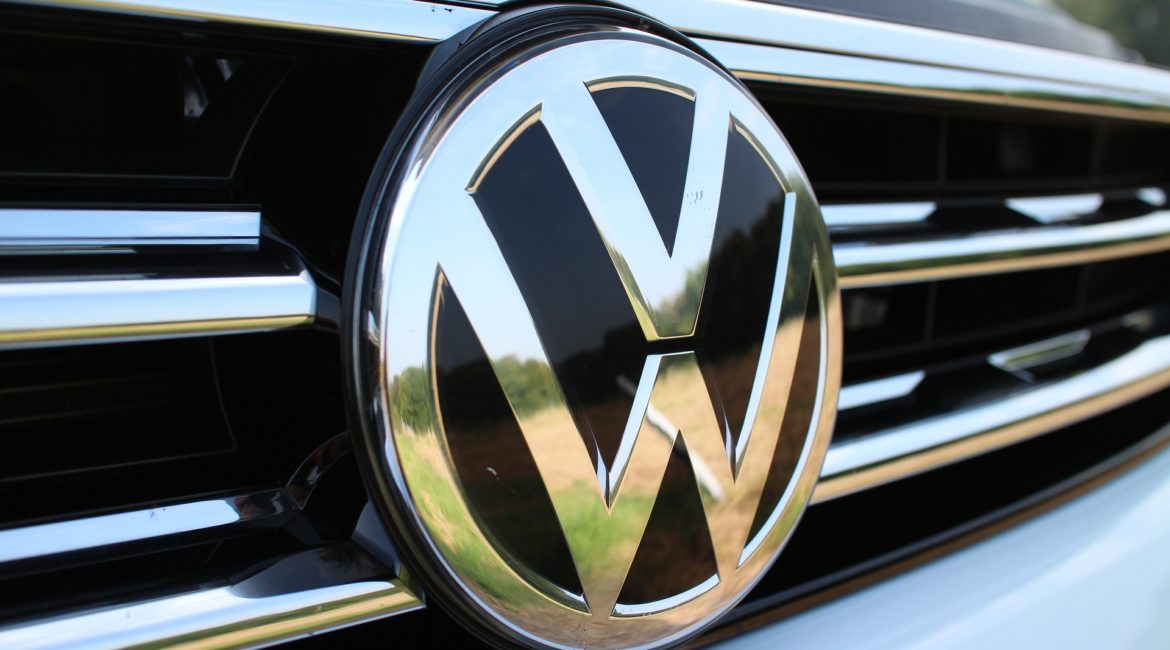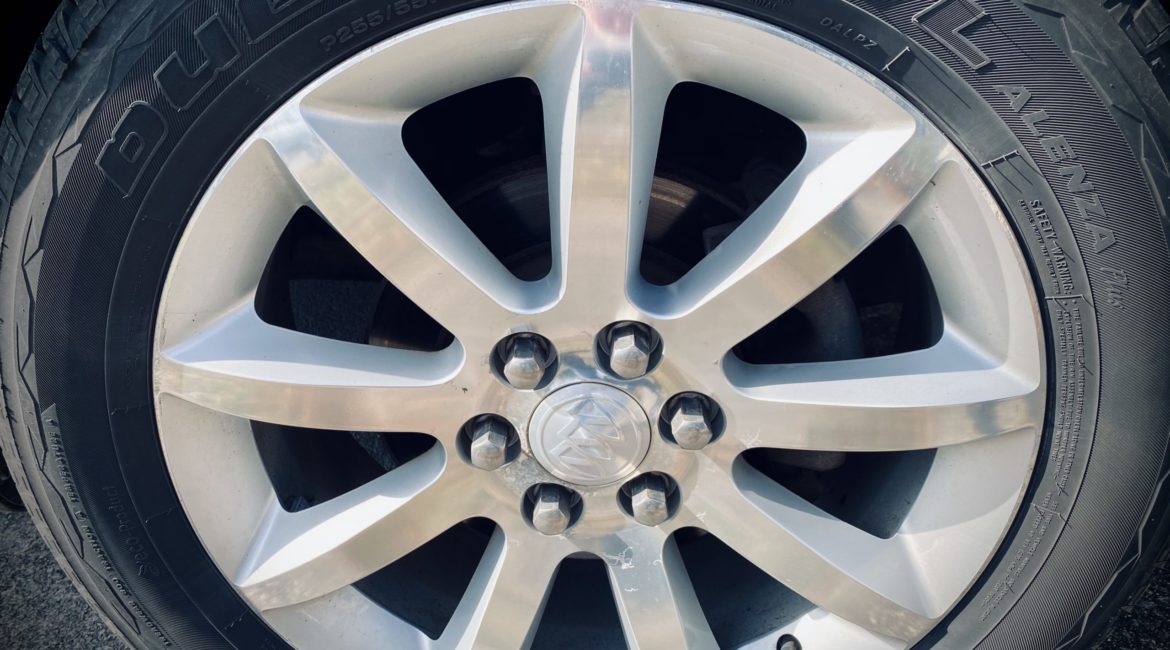In a recent “position statement” that almost every car manufacturer publishes, GM reported that it does not endorse any wheel repairs that involve welding, bending, straightening or re-machining. Only cosmetic refinishing of the wheel's coatings, using recommended procedures, is allowed. Assessing the Damage In evaluating damage, it is the GM...
Category: Safety Questions
Volkswagen Says Use Only OE Parts for Wheel Reconditioning
If a body shop tells you that a non-OE part or unapproved repair process is acceptable to recondition your wheels, refer to Volkswagen’s position statement on the subject. Volkswagen’s position statement on this topic is short and clear. “A reconditioned wheel or any wheel not approved by Volkswagen may cause...
Why Chevrolet Says You Should Not Use Salvage or Recycled Parts in Collision Repair and How This Affects You
GM wants your Chevy to have the most reliable replacement parts. Nearly every car manufacturer releases “Position Statements” that instruct body shops in how to perform repairs on their vehicles to the highest standard. While all body shops should have access to this vital information, not all shops take the...
Why GM Discourages Reconditioned Wheels and Why That’s Crucial for Your Buick
GM doesn't want you to jeopardize your safety with reconditioned wheels. Nearly every car manufacturer releases Position Statements explaining what methods of auto body repair they do or do not recommend. While some shops disregard these statements, we take a fine-tooth comb to the information they provide so that we...
GM Says It’s Dangerous to Use Salvage Structural Parts on Your Chevrolet—Here’s Why You Should Care
Preserve the structural integrity of your Chevy by using only the best replacement parts. When you take your Chevy to a body shop for collision repair, of course you’re going to want the job to be done as safely, efficiently, and cost-effectively as possible. At our shop, one of the...





